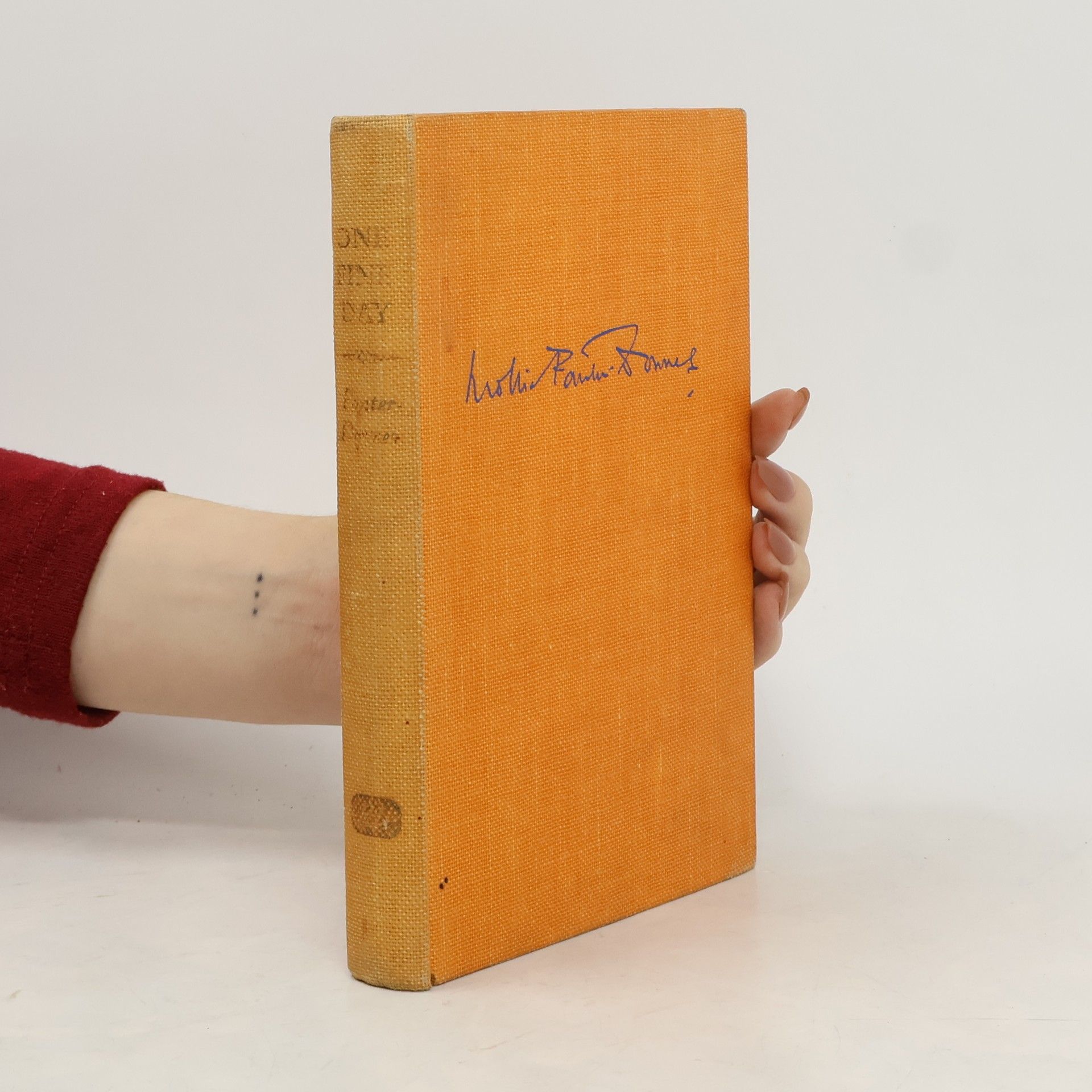Good Evening, Mrs Craven
- 203pages
- 8 heures de lecture
Originally published in The New Yorker, Mollie Panter-Downes was the voice of England during the Second World War.
Mollie Panter-Downes fut une romancière et journaliste renommée, célèbre pour ses observations perspicaces sur la vie britannique. En tant que chroniqueuse éminente pour le New Yorker, où elle écrivit sa célèbre chronique « Letter from London » pendant des décennies, elle captura l'essence de l'Angleterre en temps de guerre et d'après-guerre avec un mélange unique de sensibilité et d'esprit. Sa capacité à dépeindre des moments ordinaires avec une grâce extraordinaire attirait les lecteurs dans ses récits, lui assurant une présence littéraire durable. L'œuvre de Panter-Downes offre une perspective intemporelle sur l'expérience humaine à travers sa prose magistrale.




Originally published in The New Yorker, Mollie Panter-Downes was the voice of England during the Second World War.
Contains ten stories describing aspects of British life in the years after the war.
Published in 1931, Mollie Panter-Downes's book explores the different echelons of the increasingly self-conscious middle class and the ways in which the tensions and nuances of vocabulary, dress, occupation, politics, taste and, ultimately, the literary world contribute to the incompatibility of a marriage.
Set in 1946, the narrative unfolds over a single summer's day, exploring the intricate dynamics of a marriage as it confronts its past. The story offers a vivid depiction of a nation at a crossroads, capturing the essence of change and renewal. With rich character development and a poignant atmosphere, it resonates with themes of reflection and the passage of time, making it an ideal read for those who appreciate deeply emotional and evocative literature.